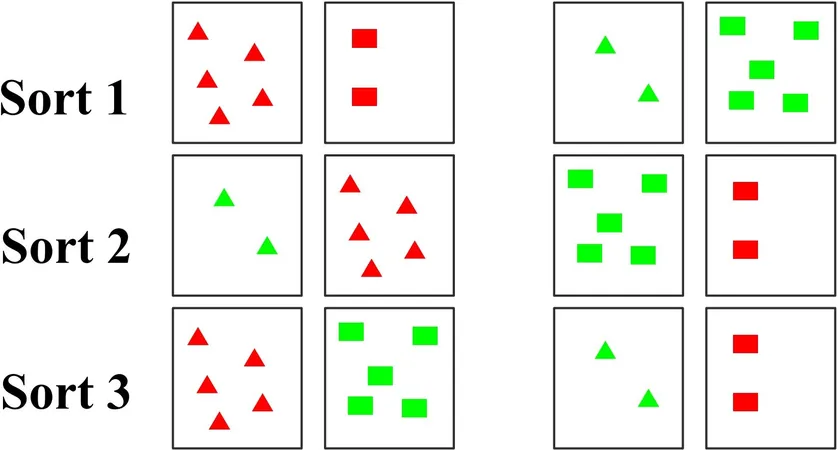
Is Executive Function a Product of Schooling, Not Innate Ability?
2025-07-23
Author: William
Revolutionary Insights into Executive Function in Children
Recent research published in the *Proceedings of the National Academy of Sciences* challenges long-held beliefs about executive function—the cognitive processes that govern our ability to regulate thoughts and actions. This groundbreaking study suggests that these functions may not be innate but instead heavily influenced by formal education.
A Cross-Cultural Comparison
The study evaluated children from diverse schooling backgrounds, including rural communities in the Kunene region of Africa, the U.K., and Bolivia. Astonishingly, children in Kunene with little or no schooling performed differently on executive function tests compared to their schooled counterparts, revealing profound discrepancies.
Joseph Henrich, a leading expert in human evolutionary biology, emphasized, "Almost all developmental research is conducted on children in a schooled world. Our findings suggest that executive function development is specific to children in educational environments, raising critical questions about cognitive norms."
Rethinking Cognitive Assessment Tools
Common executive function tests often involve tasks such as memorizing random words—tasks that may hold little relevance for children without formal schooling. Henrich noted, "Children in unschooled communities possess robust cognitive skills, but they apply them differently based on their experiences. For instance, they excel at remembering livestock, something you wouldn't find in typical urban environments."
Culture's Role in Shaping Intelligence
The research proposes that executive function—the term we often use—is not a one-size-fits-all concept. According to lead author Ivan Kroupin, these capabilities are partly universal but primarily shaped by cultural context and schooling. "Our study indicates that while some cognitive skills may be innate, many are developed through formal education or urban experiences," he stated.
A Call for New Definitions in Psychology
This compelling evidence prompts a reevaluation of how we understand human psychology. Kroupin suggests a new vocabulary is necessary for distinguishing between universal cognitive capacities and those uniquely developed in educational settings. By rethinking executive function, we can gain a clearer understanding of cognitive development across cultures.
What Does This Mean for Education?
These findings not only reshape our understanding of cognitive processes but also have significant implications for educational policies and practices worldwide. The research advocates for a broader, more inclusive approach to cognitive assessment that considers cultural diversity and the context in which children develop.
As we continue to explore the intricate relationship between education and cognitive ability, one thing is clear: the mind's capabilities may be more adaptable and contextually driven than we ever imagined.









 Brasil (PT)
Brasil (PT)
 Canada (EN)
Canada (EN)
 Chile (ES)
Chile (ES)
 Česko (CS)
Česko (CS)
 대한민국 (KO)
대한민국 (KO)
 España (ES)
España (ES)
 France (FR)
France (FR)
 Hong Kong (EN)
Hong Kong (EN)
 Italia (IT)
Italia (IT)
 日本 (JA)
日本 (JA)
 Magyarország (HU)
Magyarország (HU)
 Norge (NO)
Norge (NO)
 Polska (PL)
Polska (PL)
 Schweiz (DE)
Schweiz (DE)
 Singapore (EN)
Singapore (EN)
 Sverige (SV)
Sverige (SV)
 Suomi (FI)
Suomi (FI)
 Türkiye (TR)
Türkiye (TR)
 الإمارات العربية المتحدة (AR)
الإمارات العربية المتحدة (AR)